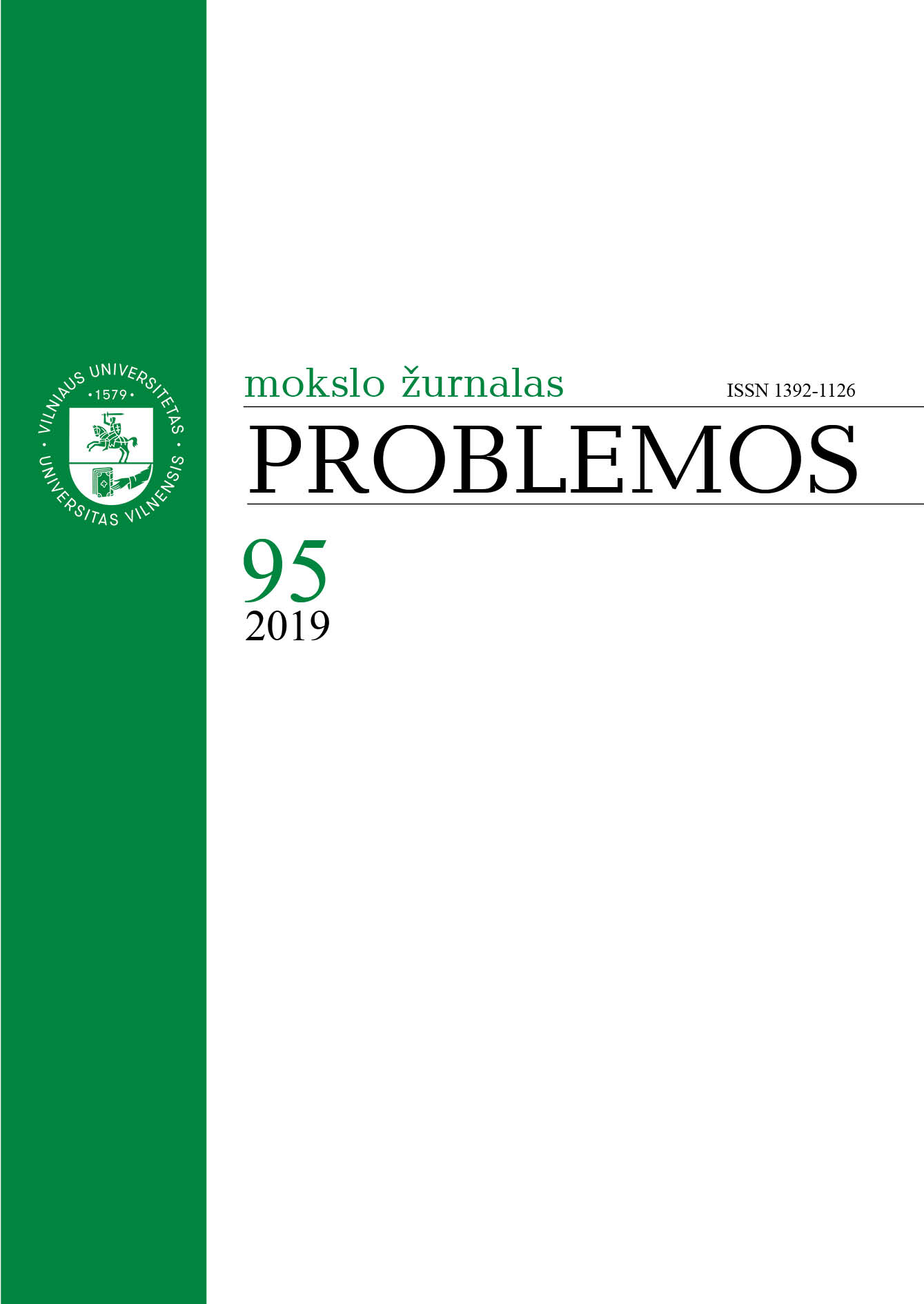Why Kant is a Weak Conceptualist
Why Kant is a Weak Conceptualist
Author(s): Ruslanas BaranovasSubject(s): Metaphysics, Epistemology, Early Modern Philosophy
Published by: Vilniaus Universiteto Leidykla
Keywords: Kant; weak conceptualism; non-conceptualism; categories; empirical concepts;
Summary/Abstract: The question whether Kant is a conceptualist has attracted significant attention of Kant scholars in recent decades. I present all three dominant positions in the debate (strong conceptualism, weak conceptualism, nonconceptualism) and argue that strong conceptualism and nonconceptualism are less plausible interpretations of Kant’s philosophy. I argue that the first cannot explain Kant’s commitments related to the incongruents, animals, and infants. The second one, meanwhile, cannot explain Kant’s argument on causation against Hume. At the end of the paper, I try to show that the key to a plausible and convincing interpretation of Kant as a weak conceptualist is the distinction between categories and empirical concepts.
Journal: Problemos
- Issue Year: 2019
- Issue No: 95
- Page Range: 81-93
- Page Count: 13
- Language: English

